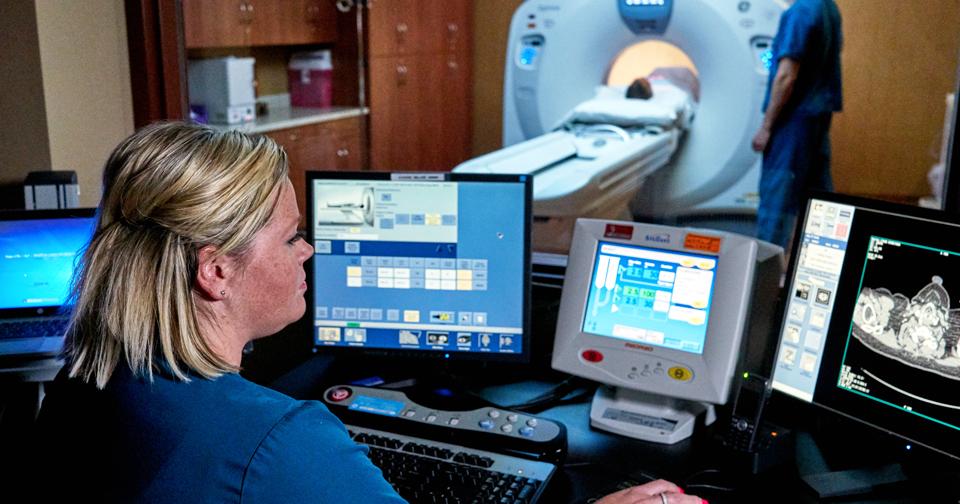Guide To Treating Bile Duct Cancer
Radiation Therapy

Radiation therapy uses the energy from x-rays and protons to eradicate cancerous cells. Patients may have radiation done at a hospital, at a specialist's office or a radiology center. Radiation may be delivered using a method known as external beam radiation. For this procedure, the patient lies on a bed while a machine directs radiation beams at specific areas of the body. External beam radiation is painless and very similar to having an x-ray or CT scan. Patients using this form of therapy typically have sessions five days a week for numerous consecutive weeks.
Some patients may also receive brachytherapy. This form of radiation involves placing radioactive seeds inside the body at or near where the cancer is located. The seeds are delivered with a catheter. Some of the most common side effects of radiation treatment generally include peeling, blistering, or redness of the skin, fatigue, nausea, vomiting, diarrhea, liver damage, and low blood counts. Hair loss may also occur on the skin of the treated area.
Immunotherapy

This type of therapy is a relatively new treatment for bile duct cancer. Instead of using chemicals to kill cancer cells like chemo, this therapy teaches the patient's immune system to recognize and destroy cancer. It generally has fewer side effects than chemo. Immunotherapy may also be referred to as biologic medication or biotherapy. Major types of biotherapy include monoclonal antibodies, immune checkpoint inhibitors, and cancer vaccines. Monoclonal antibodies are synthetic versions of the proteins in the immune system that can be designed to destroy a very specific part of a cancer cell.
Immune checkpoint inhibitors help the immune system work more effectively and allow it to identify and destroy cancer cells more easily. Cancer vaccines help to stimulate the immune system so that it can respond to cancer. Certain types of biotherapy may be more helpful than others for particular types of cancer. Patients should check with their medical team about the most appropriate biotherapy medications for their needs, and they may wish to get a second or third opinion from other specialists.
